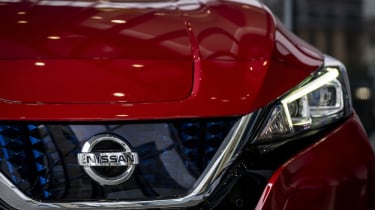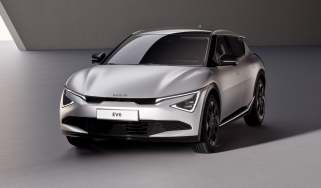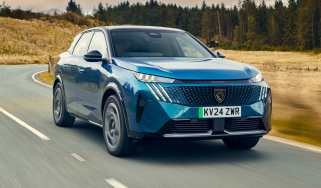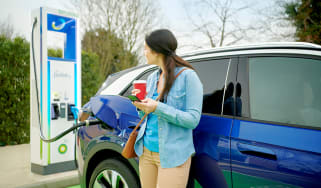Nissan Leaf review: reliability & safety rating
The Nissan Leaf has been proven to offer reliable and safe family transport across two generations so far
|
Euro NCAP |
Adult protection |
Child protection |
Safety assist rating |
|
5 stars (2018) |
93% |
86% |
71% |
Theoretically, all electric cars should be more reliable than their petrol or diesel-engined counterparts, if only because of the relative lack of moving parts: an electric motor has one, engines have hundreds. Further to this, the Leaf has been around for years, so any early issues that owners might have had would’ve hopefully been ironed out by now.
Nissan Leaf reliability & problems
The Leaf is one of the biggest-selling names in the world of electric cars, and for good reason. The second-generation version was all-new at launch, and has performed reasonably well in the Driver Power ownership satisfaction survey. In 2023, it made it into our list of the top 10 best electric cars to own, placing eighth overall. Owners praised the Leaf’s long list of standard safety kit, punchy powertrains and spacious boot, but weren’t so keen on the quality of the interior materials, the cost of servicing and the functionality of the infotainment system.
Safety
When the Nissan Leaf was crash-tested by Euro NCAP, it scored impressive ratings across the board: 93% and 86% for adult and child occupant protection respectively. Much of that is down to the structural integrity of the car, and should provide huge peace of mind. What’s more tangible is its 71% score in the Safety Assist category, which assesses technology and features to help you avoid a crash in the first place. As well as the features such as anti-lock brakes, skid-reducing ESP and autonomous emergency braking (which can apply the brakes automatically if a potential collision is detected), the Leaf offers a full roster of smart technology.
Lane-departure warning and 'Intelligent Lane Intervention' will alert you and intervene if you drift out of lane, while 'Intelligent Trace Control' automatically applies the brakes individually to help the car stay on the desired cornering line. 'Intelligent Ride Control' uses imperceptible acceleration and braking to iron out bumps in the road, maximising grip and ride comfort in the process.
But the Nissan Leaf's most lauded feature is the ProPilot system. Standard on Tekna trim and optional elsewhere, it controls the accelerator, brakes and steering for a safer and more relaxing drive. It can even stop the car if required, keep you centred in your lane, and offers a self-parking function. On the basis that machines can’t lose concentration like a driver can, it should prevent collisions from happening in the first place.




